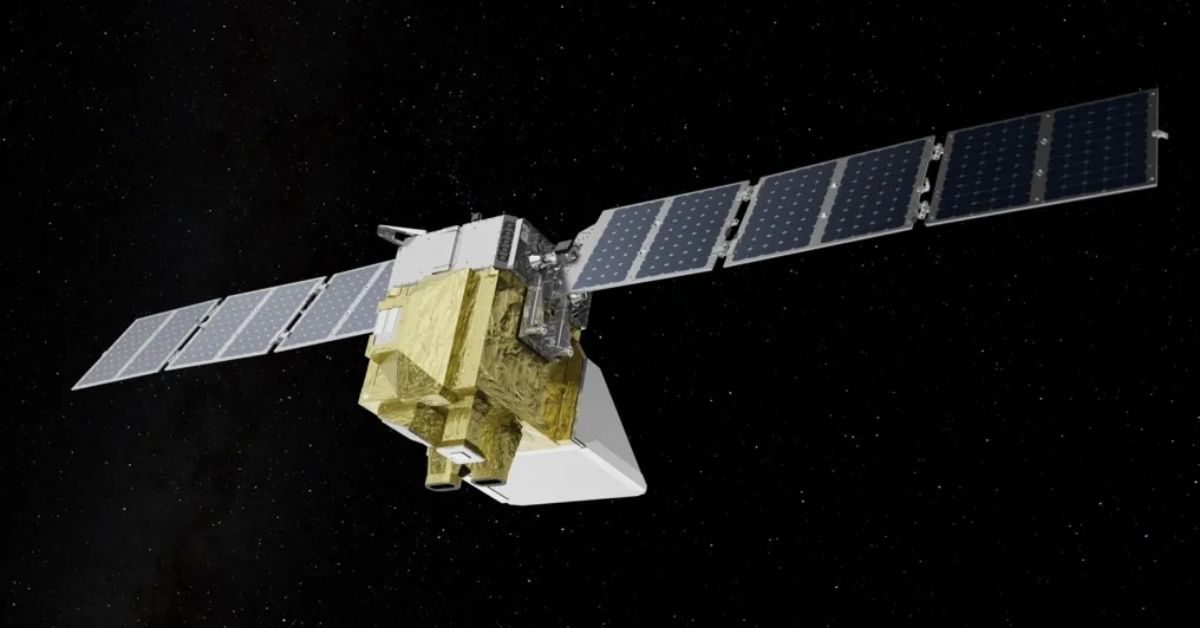Space Setback: Critical Emissions-Tracking Satellite Goes Dark
A significant tool in the global fight against climate change, the MethaneSAT, has unexpectedly gone silent. This “game-changing” satellite, designed to precisely track methane emissions, lost contact with mission operations on Friday, June 20, 2025. Efforts to restore communications were unsuccessful, and as of Tuesday, July 1, 2025, the Environmental Defense Fund (EDF) confirmed that the satellite had lost power and is “likely not recoverable.”
MethaneSAT, an $88 million project backed by partners including the Bezos Earth Fund and Google, launched in March 2024 aboard a SpaceX Falcon 9 rocket. Its mission was crucial: to pinpoint methane hotspots worldwide, particularly those originating from oil and gas production, and provide free, accessible data. Methane is a potent greenhouse gas, approximately 80 times more effective at trapping heat than carbon dioxide over a 20-year period, making its reduction a high priority in combating global warming.
The satellite was specifically designed with advanced spectrometers to detect even small methane emissions over vast areas, including those previously undetectable by other satellites. It was capable of measuring changes in methane concentrations as tiny as three parts per billion. Over its year of operation, MethaneSAT had been successfully collecting this vital data, contributing to a more transparent understanding of global emissions.
The loss of MethaneSAT is a disappointing blow to climate monitoring efforts. While the EDF expressed that this is a setback and not the end of their overall mission to cut methane emissions, it undoubtedly creates a gap in real-time global tracking capabilities. The engineering team is conducting a thorough investigation into the cause of the communication loss, and they will share their findings as they emerge.
Despite the satellite’s early demise, the data already collected by MethaneSAT is still being processed and will continue to be released in the coming months, offering valuable insights. This incident underscores the inherent challenges and risks in space exploration but also highlights the critical role such advanced satellites play in addressing urgent environmental concerns.




